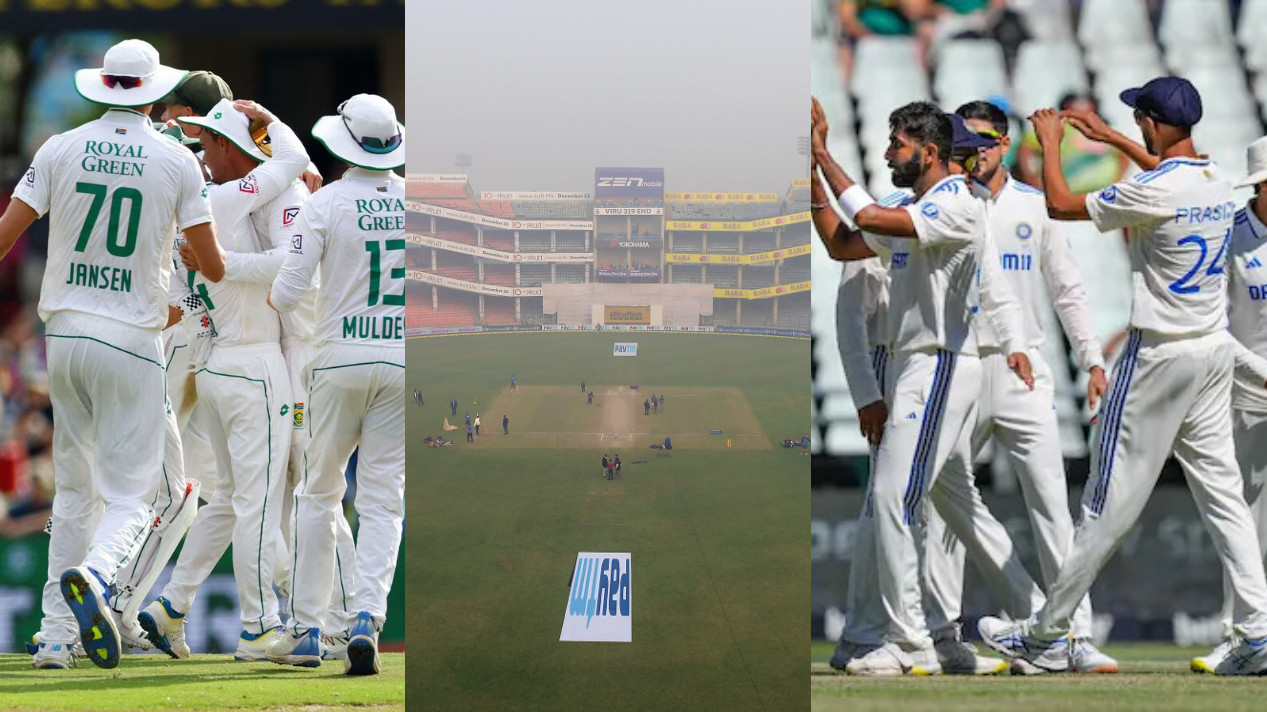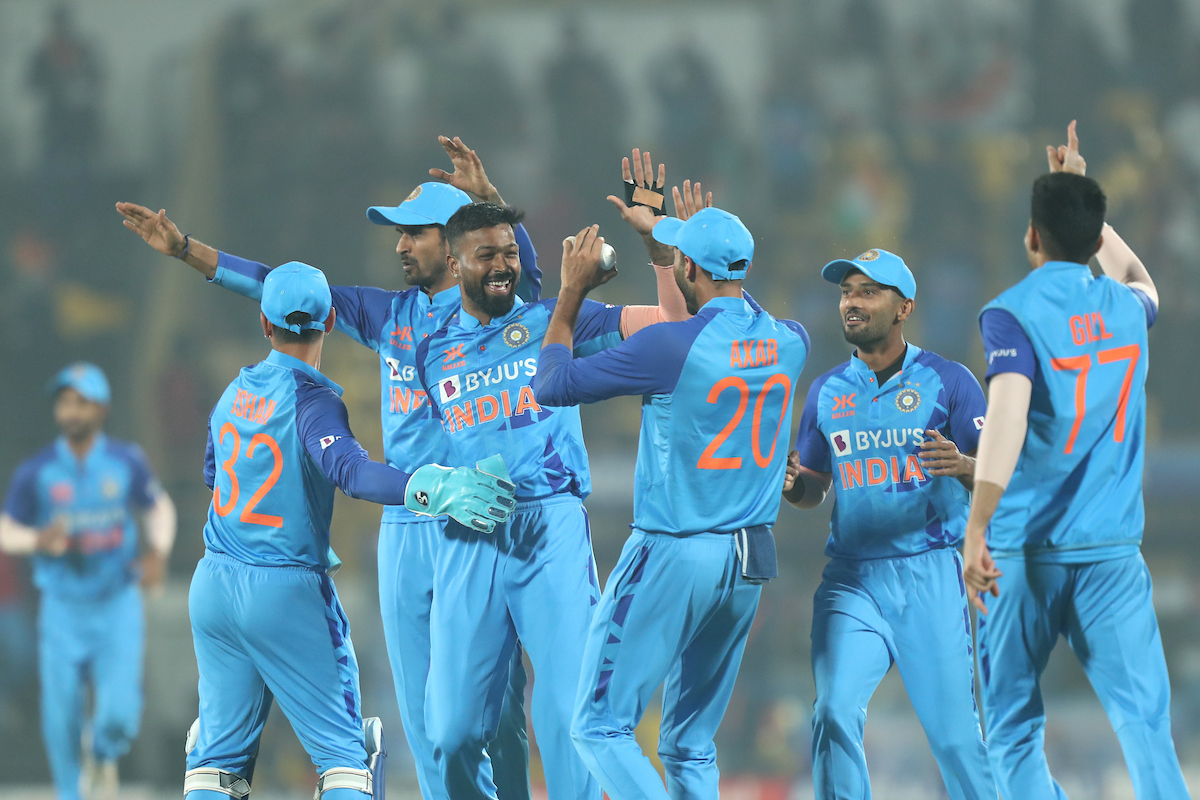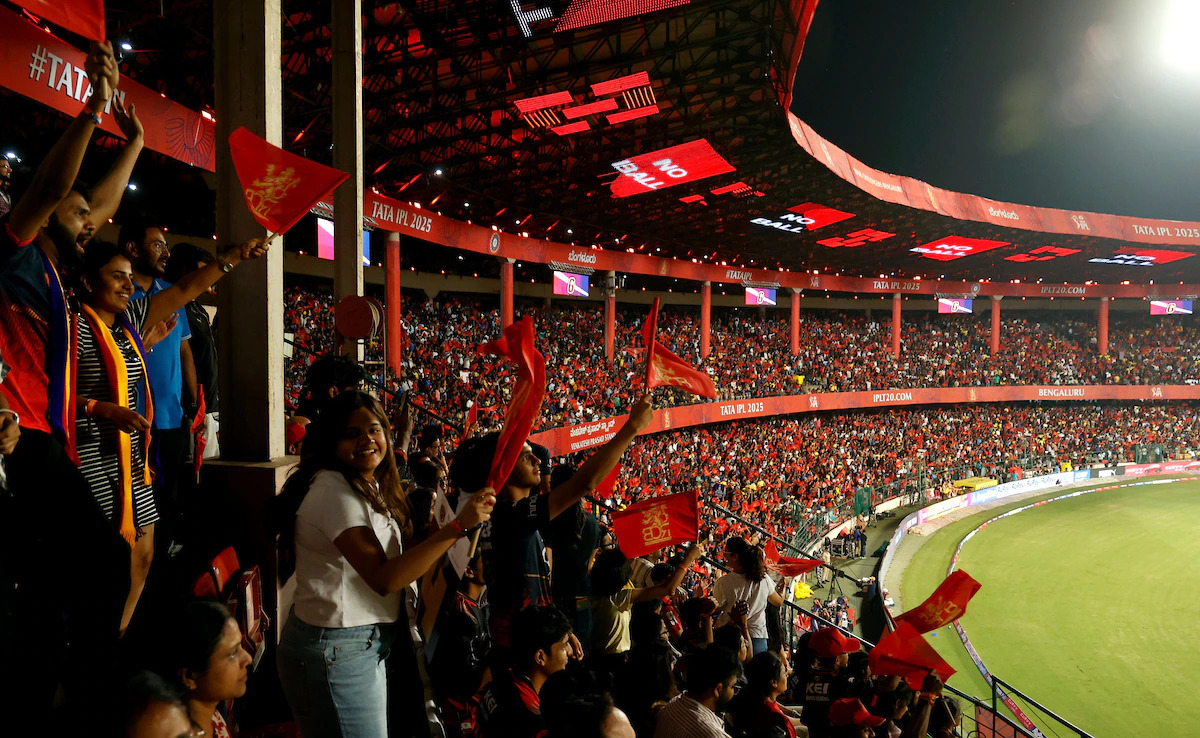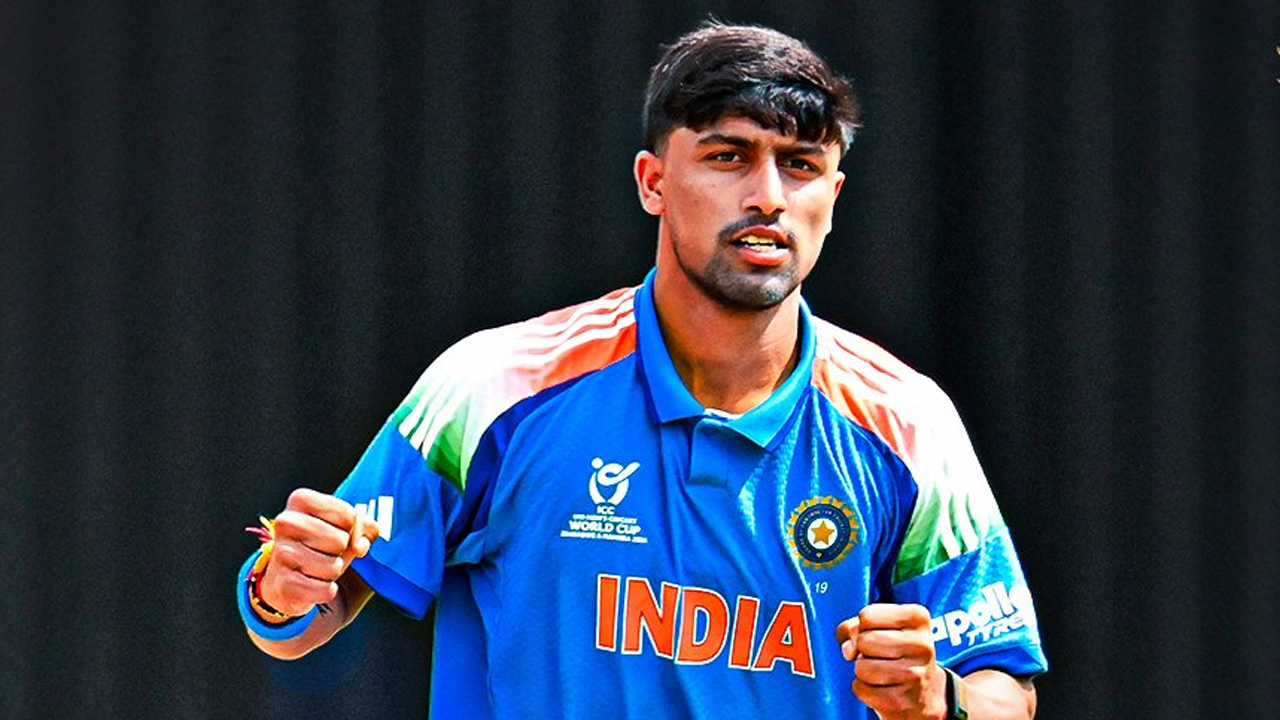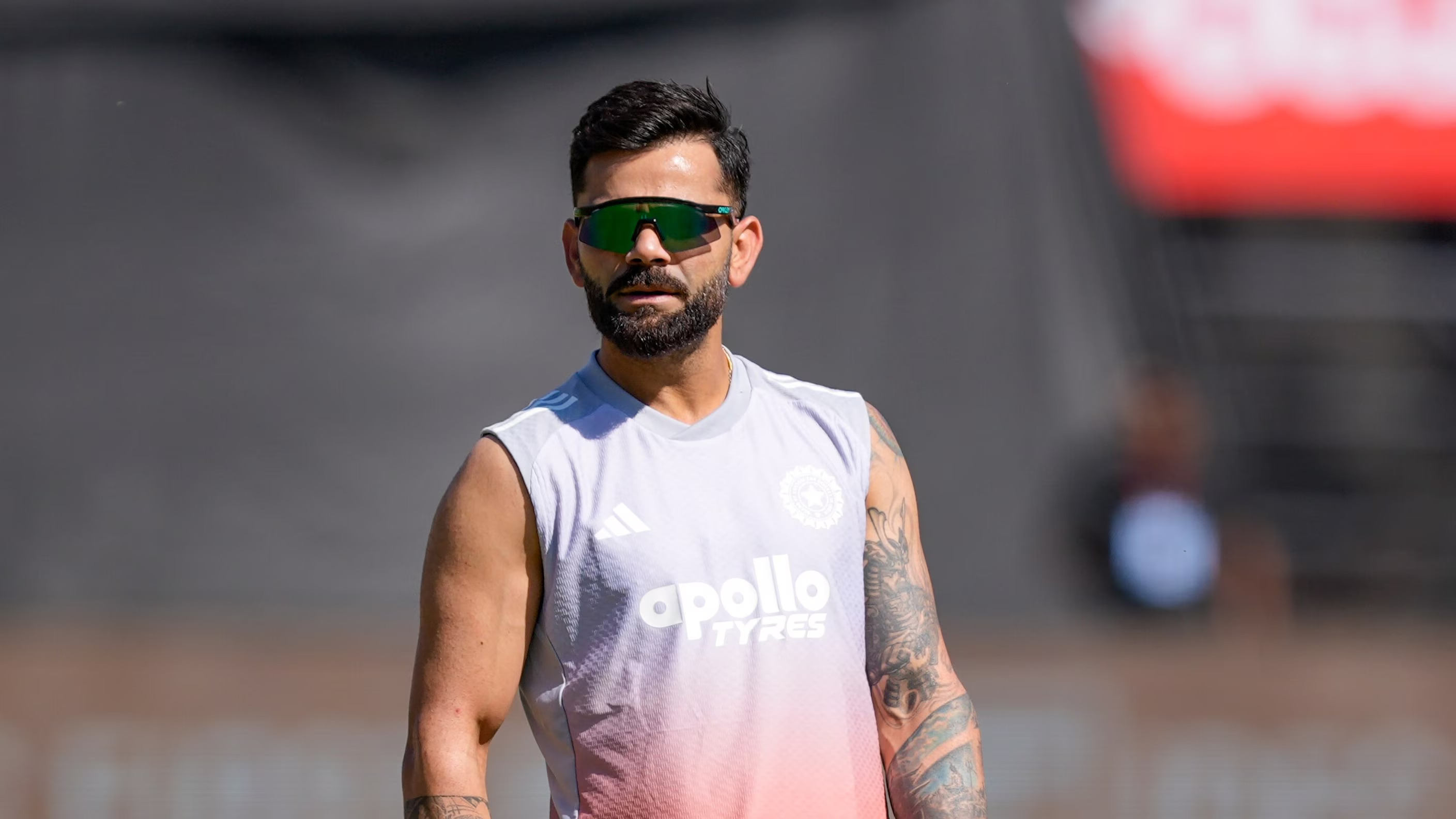Although there are worries about the quality of the air in Delhi around that time, the Board of Control for Cricket (BCCI) in India, India’s top cricket regulating body, has defended its choice to hold the first Test match between South Africa and India from November 14 to November 18. Before deciding on a final schedule, BCCI Secretary Devajit Saikia promised that all aspects, including environmental concerns, were taken into account.
Delhi has a chronic problem with air pollution, particularly in November when AQI levels frequently surpass dangerous thresholds. The city’s bad air quality has affected cricket matches in previous years. Examples include Sri Lankan athletes donning masks during a 2017 Test match.
In addition, Bangladeshi players’ 2019 on-field vomiting has sparked concerns about playing in Delhi at this time of year. When assigning matches, the board uses a rotational policy, and Saikia noted that pollution issues do not always come up.
“After talking with everyone and taking into account all relevant circumstances, we have adopted the rotation policy. “The pollution problem doesn’t occur every year,” The Indian Express cited Saikia as saying.
To make sure players are comfortable, every effort will be made: Ashok Sharma
Ashok Sharma, secretary of the Delhi and District Cricket Association (DDCA), shared these views, pointing out that the Arun Jaitley Stadium is located in an open space with superior air quality than other areas of the city. He assured everyone that every effort would be made to make sure the players were comfortable throughout the game.
“Every effort will be made to make sure the players feel at ease during the Test match. Additionally, the air quality at Arun Jaitley Stadium is superior to that of most other locations because it is situated in a more open and green area. It was some time since Delhi had been given a Test match.
Since we were given the game by the BCCI, we must follow the schedule.
If there is some pollution in November, it is less than in December,” he stated. Due to weather, post-Diwali firecrackers, and post-harvest stubble burning in neighbouring states, Delhi’s air quality has frequently deteriorated to dangerous levels in November. According to some foreign agencies, Delhi’s AQI reached 999 on November 18 of last year, with some reporting considerably higher numbers.
There have been several interruptions to Delhi cricket matches over the years. Poor air quality forced the cancellation of two Ranji Trophy matches in 2016. Players had breathing problems and wore masks during the 2017 Test match against Sri Lanka. During an ODI in 2019, Bangladeshi cricket players found the conditions difficult to handle.
